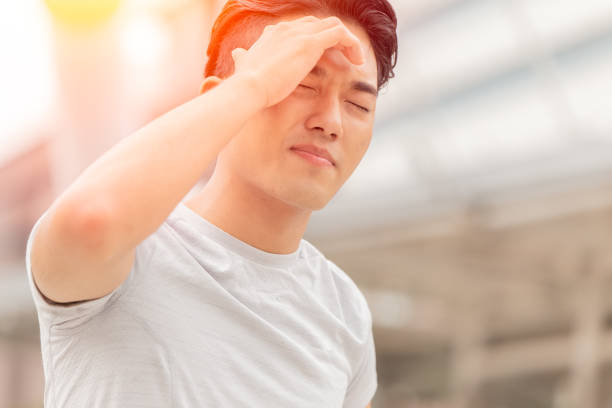Important Signs and Symptoms You Should Not Ignore When you Have Hypertension

High blood pressure (hypertension) is a common condition in which the prolonged force of blood hitting the walls of the arteries is high enough to eventually cause health problems such as heart disease.
Blood pressure depends on both the amount of blood pumped by the heart and the resistance the arteries put up. The more blood the heart pumps and the narrower the arteries, the higher the blood pressure. Blood pressure is given in millimeters of mercury (mm Hg). It consists of two numbers.
- The top number (systolic pressure). The first or top number measures the pressure in the arteries as the heart beats.
- The lower number (diastolic pressure). The second, lower number measures the pressure in the arteries between heartbeats.
- Severe headaches
- Nose bleeding
- Fatigue or confusion
- Vision problems
- Chest pain
- Difficulty breathing
- Irregular heartbeat
- Blood in the urine
- Pounding in the chest, neck or ears
- Dizziness
- Nervousness
- Sweating
- Problems falling asleep
- Blushing on the face
- Blood stains in the eyes


